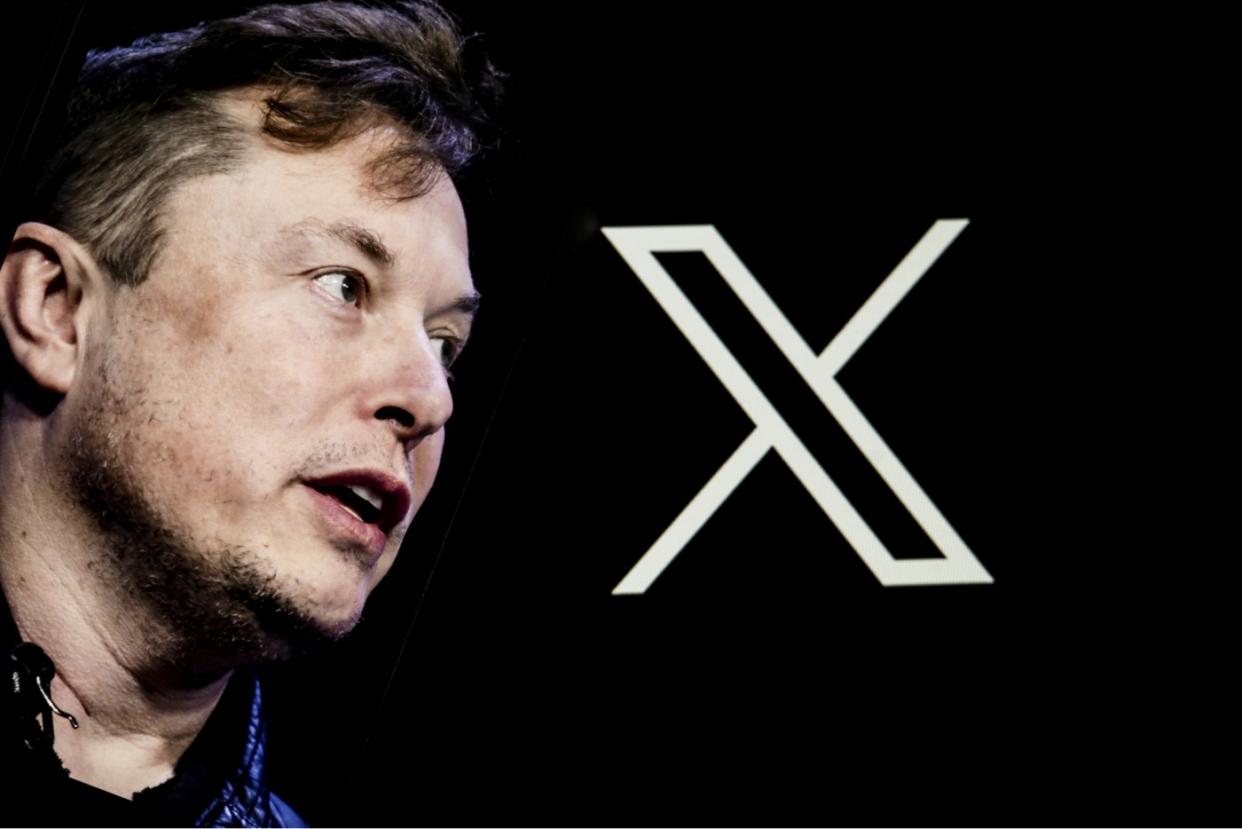Twitter's year of Elon Musk: what happens next?

- Oops!Something went wrong.Please try again later.
A year ago, Elon Musk bought Twitter and strolled into its San Francisco headquarters carrying a sink. "Let that sink in," he joked.
Twelve months on, some say the joke is on Musk. Few commentators think he has improved the platform and the anniversary has prompted a great deal of negative comment.
His tenure has been a "12-month whirlwind of erratic change", said the BBC. Offering a more blunt assessment, Axios said that "in the short term, this deal has been a steaming pile of blue bird poop".
The background
After months of speculation about whether he was going to buy Twitter, Musk eventually completed the purchase on 27 October 2022. But he "knew he made a bad, impetuous bet almost from the minute he made it", which is why he "sued to cancel the deal", said Axios.
Still the owner 12 months on, Musk has overseen a period of transformation. He has laid off around three-quarters of its 8,000 employees, pushed through a divisive rebrand to X, and reinstated some previously banned accounts on the platform, including that of former US president Donald Trump.
The latest
Twelve months after Musk took over Twitter, the numbers don't paint a healthy picture. Global app downloads fell by 38% between October 2022 and September 2023, monthly active Android users are down 14.8% globally and 17.8% in the US, and Musk said that the company's US ad business was down 60%. No wonder then that Fidelity, one of Musk's equity co-investors, marked down the value of its Twitter shares by 61.43%.
So "challenges abound" for the platform, said the BBC, but they do not appear to have "dented" Musk's ambition "too greatly". It noted that his pinned post on the platform reads: "X as humanity's collective consciousness".
According to Twitter's new chief executive, Linda Yaccarino, the company will be profitable next year but she "needs to ensure that advertisers are around to fund Musk's planned transformation", said Dan Milmo, global technology editor of The Guardian.
A key part of that transformation could be forcing users to pay for access to the platform. "We're moving to having a small monthly payment for use of the system," Musk said last month, claiming the move was the only way to counter bots.
The reaction
"Happy Twitter anniversary, Elon Musk!" said Gizmodo. "Your platform is dying." The tech news site added that "plenty of decisions ranging from head-scratching to plain bad have been made" and those decisions "have done next to nothing except destroy the once massive and respected platform's user base".
Twitter's business is "flailing after a year of Elon", wrote Milmo in The Guardian. Musk's ownership has "tipped the business into a state of constant flux", with "advertisers slashing spending, user numbers down, regulators circling" and the staff at "less than 50% of what it used to be".
But "some perspective is needed", wrote Andrew Orlowski for UnHerd. Twitter "already had deep problems" and "rarely made money", posting losses in eight of the 10 years prior to the acquisition. Musk's cuts have "exposed one of Silicon Valley’s worst kept secrets", that "software development is a well-rewarded sinecure, and over-staffing is rife".
While some say a "delightful source of spontaneity, community and humor" has "turned far more combative", others believe that Musk had set a "heavily censored environment free", said The New York Times.
"Elon Musk didn't kill Twitter," wrote Peter Kafka for Vox. Instead, Twitter's current situation is a "direct consequence of its shambolic origin story", where its co-founders and funders "couldn't decide what it ought to be". They finally decided to try to be "the next Facebook", he added. "The problem is that by the time Twitter went public in 2013, it was already clear that it wasn’t going to be Facebook."

